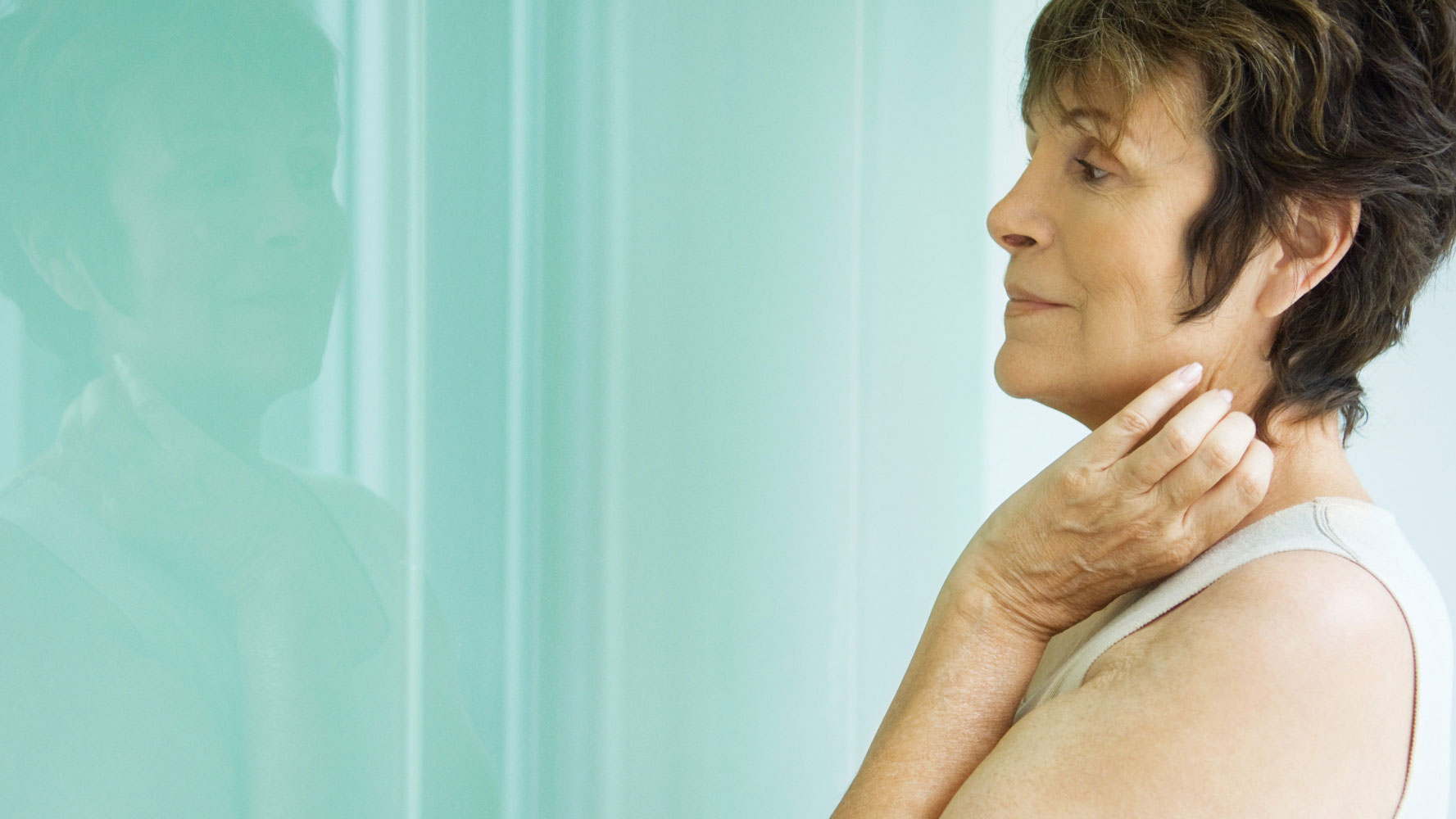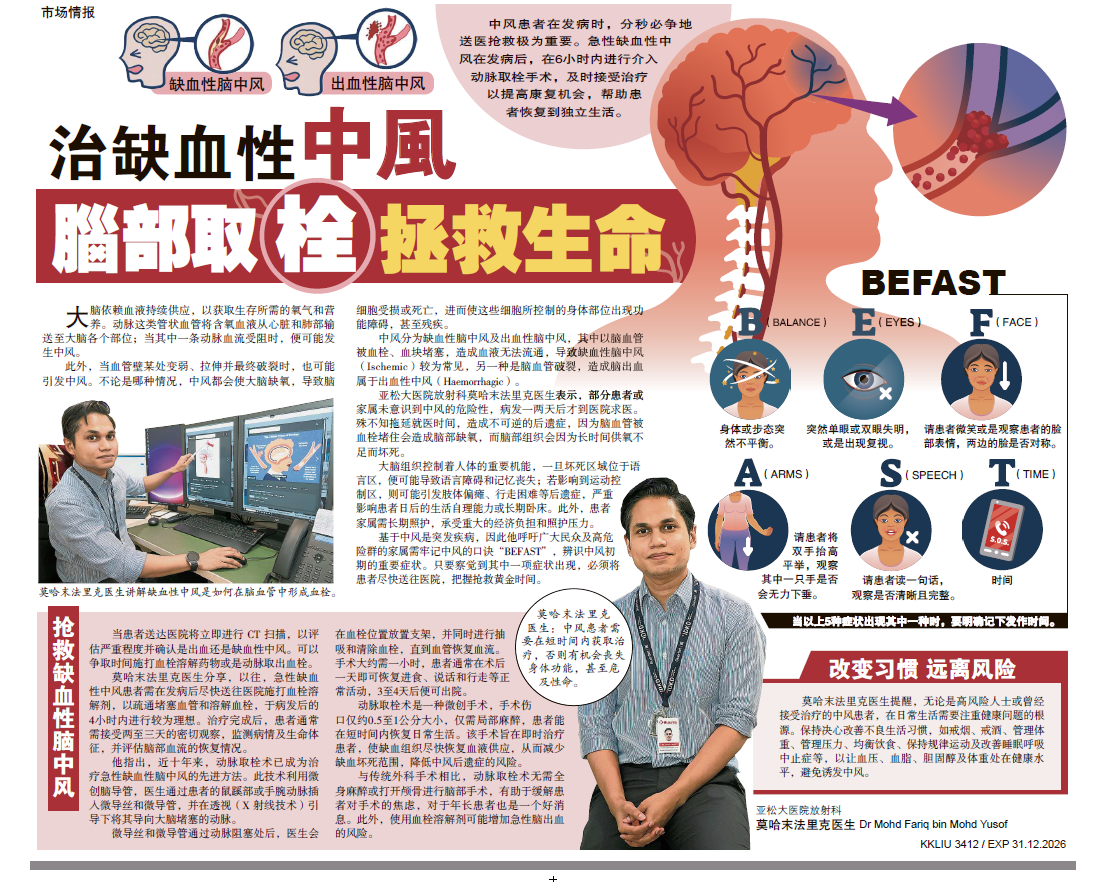Ageing is, in keeping with nature’s intention, a complex but natural process which impacts the physical, mental and spiritual being. Every journey of life, from birth to its end is a personal experience unique to just that one.
Above all though, is the shared desire to age gracefully. The need of a strong and healthy body, vibrant energy and most of all, a sharp mind, always exceeds the need to maintain the young visage.
One undoubted milestone in this journey is the onset of menopause and many of its undesirable effects which at times cause physical and mental depression. This is often looked upon with great fear and trepidation if not expected nor prepared for.
While not abrupt, the onset of the perimenopausal phase and its symptoms can be confusing and at times be mistaken for something more sinister. The fact that perimenopause sometimes lasts for as long as 2 to 3 years does not inspire the confidence that it is merely a prelude to natural menopause and more often than not, serves as a warning of the impending natural change. It is a result of a mild to moderate deficiency in ovarian hormone production that leads to an ovulation.
WHAT IS MENOPAUSE?

Menopause is considered the point where 12 months have passed without having a menstrual bleed. While the ovaries retain some function, the phrase of waning ovarian activity can begin 2-3 years before and last as long as 5 years after menopause.
This phase is called the climacteric phase .Changes that occur during this phase are the most notable and at times, distressing.

In Malaysia, the average age of menopause is between 51 and 52 years. This can vary greatly with the influence of nutrition, fertility requirements, motherhood, lifestyle influences and more recently, the early detection and treatment of genital tract neoplasms (tumours).
We also see women suffering from premature ovarian failure with menopause occurring between the ages 40 to 45 years which predisposes them earlier to the complications normally associated with natural menopause.
On the other hand we have women whose menstrual cycles last longer than the average which raises the risk of complications associated to prolonged exposure to oestrogen such as endometrial hyperplasia and at the extreme, endometrial cancers.
MENOPAUSE SYMPTOMS

The question of “How will I know when” frequently surfaces and while subtle for some, the symptoms of menopause can be very pronounced and debilitating for others.
Among the tell-tale signs and symptoms that are well documented, we find the common ones being menstrual irregularities (heavy, scanty, early, delayed), hot flushes, palpitations, sweating, anxiety , insomnia, irritability, pruritis (itchy skin), tinnitus, along with mental depression and emotional outbursts, fatigue, poor memory and finally vaginal discomfort, urinary frequency and incontinence .
Some anatomical changes begin at the breast and genito-urinary tract associated with fat deposition and loss of muscle tone. Bone loss is a late result which can have significant consequences if not addressed appropriately.
60 to 70% of all women go through the menopausal period without problems while the rest may require some degree of medical management ranging from simple advice and guidance to replacement therapy. Majority of the symptoms become tolerable and diminish over time.
LIFE AFTER MENOPAUSE

Of more concern are some of the later complications which include hypertension (high blood pressure), osteopaenia and osteoporosis as well as cardiovascular disease and significantly cognitive decline and Alzheimer’s disease. These aspects have been greatly looked at and addressed especially when the question of replacement therapy is discussed.
As mentioned, majority of women go through the whole phase without requiring any form of management, but those who do have a wide range of options when planning their management.
A simple task of counselling and providing information, along with the confirmation of menopausal state via a blood test and a gynaecological examination in combination with an ultrasound exam, usually puts most women’s mind at ease and allows them to be aware of and prepare for the impending changes.
Advice on dietary habits and lifestyle modifications further encourages women not to suffer, but to overcome the side-effects and embrace the next phase of their life.
In some cases when anxiety is to an extent debilitating, the use of mild anti-depressants on a temporary basis alleviates some of the symptoms like anxiety, depression and sleeplessness. There are plant-based extracts that addresses much of these symptoms and avoid the use of hormone replacement.
HORMONE REPLACEMENT THERAPY (HRT)

Hormone replacement therapy (HRT) is often viewed with confusion. After a period in the 90’s where the use was widespread, some negative reports came out after a large study in 2002 which caused the prescribers of HRT to be more judicious in their use. Many women elected to avoid using HRT as a consequence.
Despite this there was also evidence that to suggest that properly assessed and monitored use of HRT had an important role in the management of menopause and its complications.
After reviewing data from 3 major studies, the Committee on Safety of Medicines (CSM) in 2002 suggested that HRT can be used for the short term relief of the climacteric period and supports the use of the following:
- Progestogens for hot flushes
- A combination of oestrogens and progestogens for the relief of vasomotor symptoms, urogenital symptoms along with sleep disturbances. There is also evidence suggesting benefit in preventing bone loss and cognitive decline.
- For women who have had their uterus removed, a single oestrogen offers the same relief.
The WHI, WHIM and the UK Million Women Study did though, demonstrate an increase in the incidence of coronary heart disease from 30 to 37 per 10,000 women, strokes from 21 to 29 per 10,000 women and breast cancer from 21 to 29 per 10,000 women.
The Million Women study showed an increase in endometrial cancers with single oestrogen which was significantly reduced with the addition of a progestogen. The CSM acknowledged an improvement in cognitive function in 2 studies with a reduction in colorectal cancers as well as non –traumatic hip fractures all associated with the combined HRT.
The use of progestogens only demonstrated no further risks but clinically it was prudent to avoid their use in patients with progestogen dependant tumours.
The CSM released a consensus view that HRT should not be used for the long term prevention of menopause associated disease as the use of alternatives are available and carry reduced risks. Alternate therapies are readily available to address the more significant late complications of menopause such as osteopaenia and osteoporosis.
In conclusion, while menopause is a natural phase of a women’s life, it should not be one that diminishes the quality of that life. When appropriate steps are taken to inform and to allow women to prepare, it can be one that is dealt with gracefully while addressing all aspects of this next phase.











